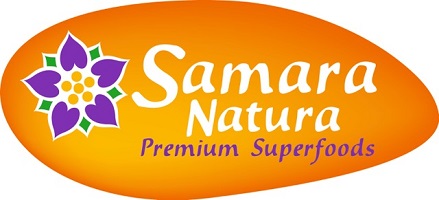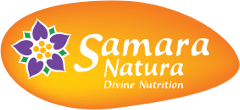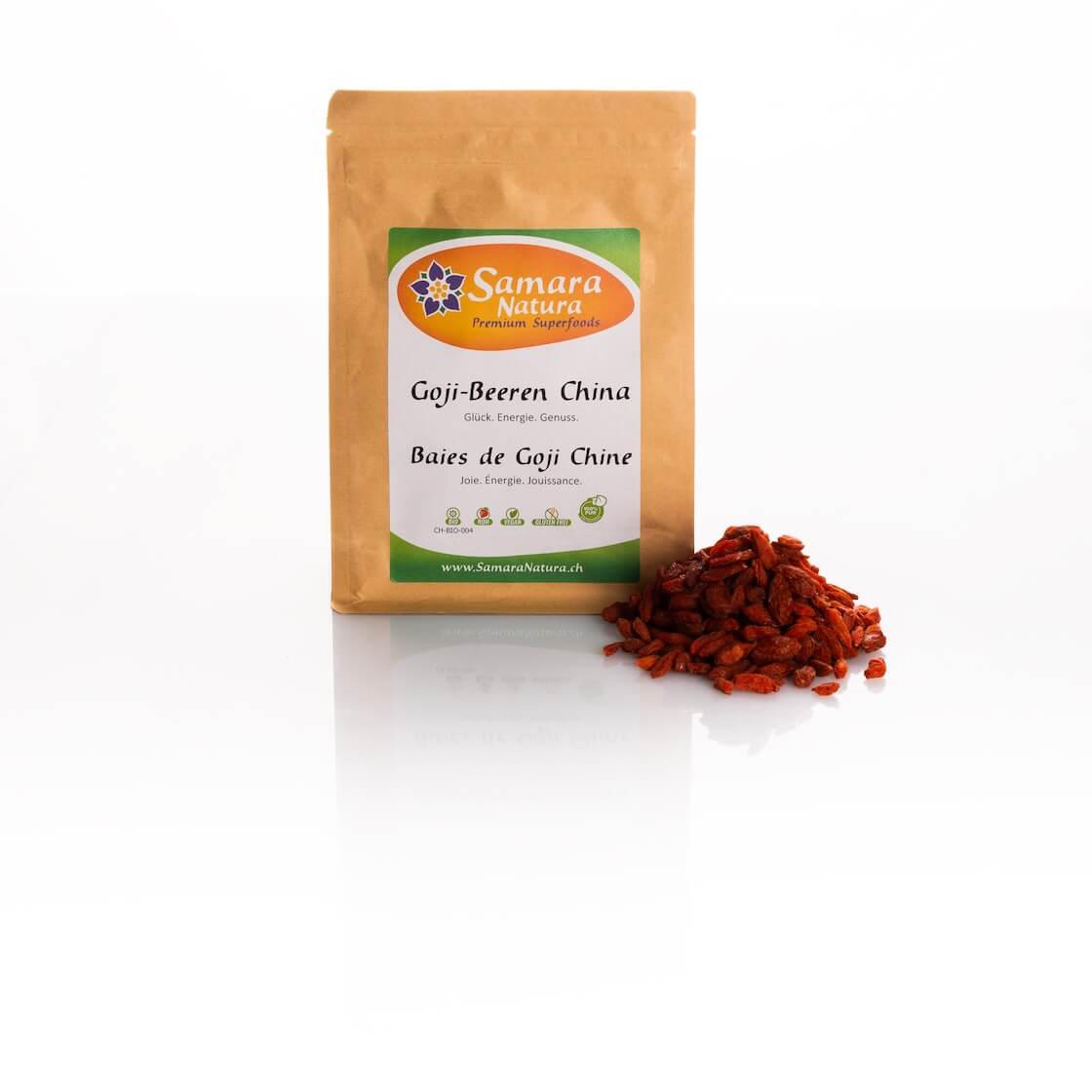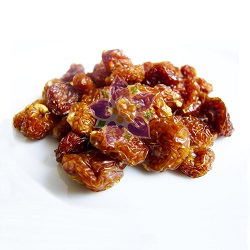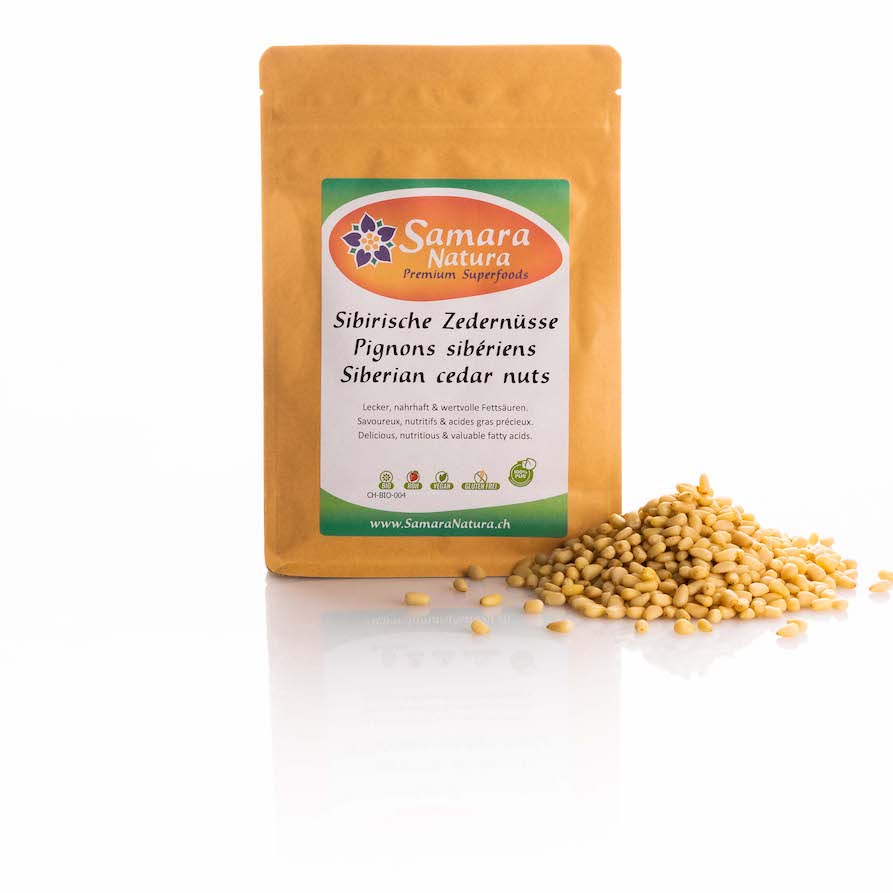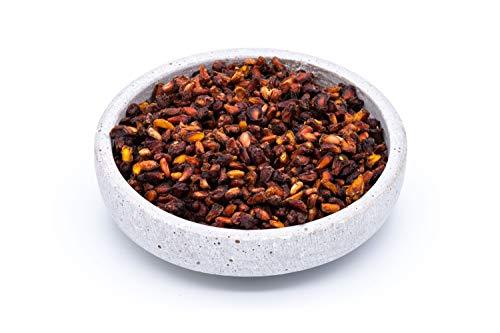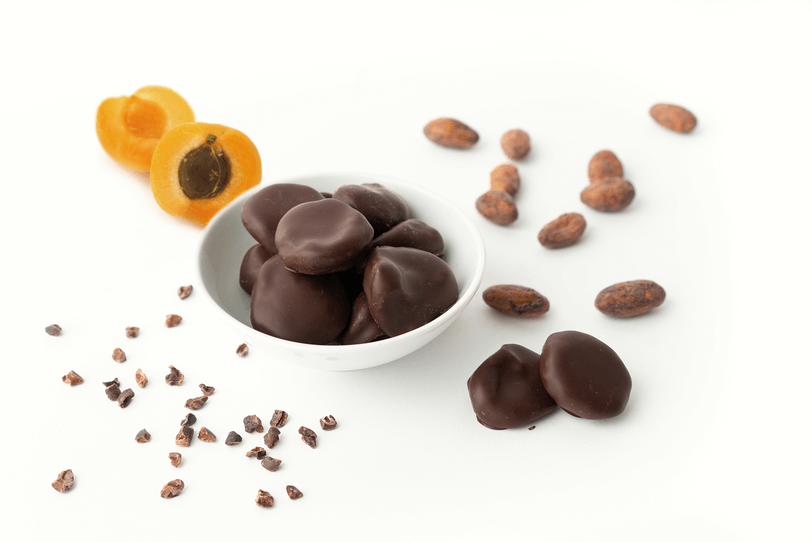| Quantity | Unit price | Base price |
|---|---|---|
| To 2 |
CHF 18.80*
|
CHF 3.76* / 100 Gramm |
| From 3 |
CHF 17.86*
|
CHF 3.57* / 100 Gramm |
Available, delivery time: 1-4 days
Product information "Wild Apricots with Stone organic"
Organic tree dried whole apricots with stone from wild collections
Update: The new batch of tree-dried apricots has arrived and is now available. Since our delicious wild apricots have come from Uzbekistan for many years, the term "Hunza apricots" has caused some confusion. We have therefore renamed the new batch.
These Hunza apricots (wild apricots with stone) come from Uzbekistan, because of delivery bottlenecks not from Pakistan as usual. These apricots come from wild apricot trees and are harvested by small farmers and sun-dried as a whole fruit.
The Hunzukuc are known to be one of the healthiest peoples in the world who still practice a traditional way of life. The wild apricots and their kernels are part of the daily menu, and the oil from the kernels is also widely used in the Hunzkuc kitchen.
Hunza apricot kernels, like all nuts, are very nutritious.
The dried fruit itself tastes delicious and is particularly rich in vitamin A, iron and potassium as well as fiber.
Why we love Hunza apricots
These dried wild apricots are very tasty, tasty and a great snack.
SamaraNatura Hunza apricots
These wild apricots with stones come from Uzbekistan, because of delivery bottlenecks not from the Hunza Valley in Pakistan as before. They come from wild apricot trees and are harvested by small farmers and sun-dried as a whole fruit. They are unsulphurized and contain no additives. In Austria apricots are pressure treated as standard, whereby the interaction of pressure and time guarantees absolute freedom from pests.
Hunza apricots grow in the northern part of Pakistan, about 2200 m above sea level. These areas are almost free of environmental pollution and the plantations are irrigated with spring and snow water. The apricots are picked by hand and dried in the sun.
Wild apricots can be found everywhere in the Hunza Valley. Small farmers, each with 5 to 20 trees, have formed groups. The number of wild apricot trees owned by a farming family in the region is an indication of how well they are doing economically.
Use
First you enjoy the apricot and, if desired, the stone after the stone has cracked. Soaked in water, apricots can also be added to muesli and smoothies or processed into a dessert.
Note: EFSA recommends consuming a maximum of 1-2 apricot kernels per day.
Nutritional values organic Hunza apricots (fruit and stone) per 100g
Energy value 1248kJ / 298kcal,
Fat / 11.7g,
of which saturated fatty acids 1g,
Carbohydrates 35.3g,
of which sugar 10.7g,
Fiber 7.5g,
Protein 9g,
Vitamin C 31mg (38% of the recommended daily dose / Apport journ. Recommandé).
All information is subject to the usual fluctuations for natural products.
Login
